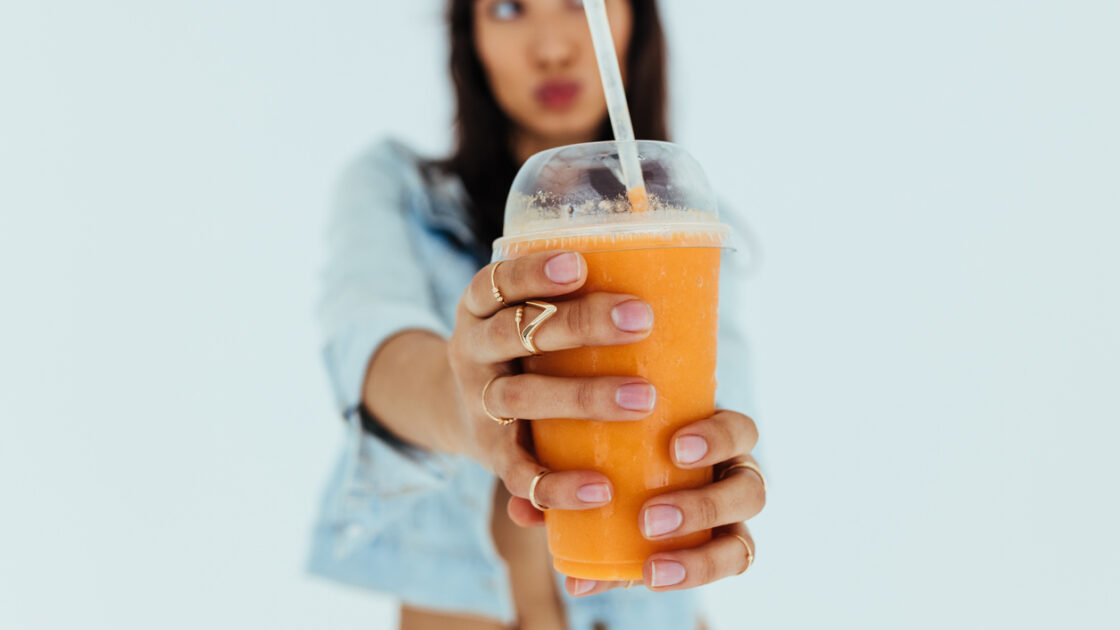2018’s Biggest Food Story Is the Final Straw
B.Y.O.S.

What was 2018’s most memorable food story? There was a notable victory this week for hemp as the Farm Bill made it legal. Fast Food chain White Castle started selling vegan Impossible Burgers. A restaurant in New York City slow-roasted an entire watermelon. But the biggest story of the year has more to do with how people eat (er, drink) rather than what. Turns out the most memorable “food” story of the year was all the plastic straw bans.
That’s the news at least according to Hunter Public Relations, which found that 51 percent of adults polled in the U.S. remembered straw bans more than any other food-related news stories.
“One reason Americans recalled the straw news was a widely-shared video of marine biologists removing a straw stuck in the nose of a sea turtle,” reports Ad Age. Despite the video hailing from 2015, the imagery piggybacked onto widespread straw bans, from cities to restaurants and major airlines banning or restricting single-use plastic straws and stirrers.
Starbucks launched a prototype for a (very plastic) cold drink lid that looks a lot like its hot beverage lid. California will restrict straws beginning next year in all restaurants unless customers ask for them. American Airlines banned straws. Marriott hotels will remove them by next summer.
Reusable straws became the bring-your-own-tote-bag of 2018. There are now flexible silicone straws, stainless steel straws, and collapsable ones you can clip onto your key ring for sipping emergencies. And when a drink won’t do without one, there’s the Instagram-worthy yet oh-so-flimsy — but biodegradable!– paper straws that frozen smoothies turn into a pulpy, soggy mess in just a few cold sips.
All the straw banning is the first time an environmental story ranked as more memorable than a food story in the 15 years the agency has been conducting these surveys, Hunter PR notes.
But it may not be a fluke. While scientists have noted that plastic straws make up a fraction of ocean pollution (the real culprit is ghost gear abandoned by the massive fishing industries), they’re an easy problem to solve. Just like switching to reusable grocery bags was far easier than most consumers expected, it’s now the default for most people seeking to do “their part” in reducing plastic waste.
Of course, consumers have much more emotional attachments to straws than they do to plastic bags. They’re far more intimate and often practical if not completely necessary. But today’s consumers want options–and for at least one of them to be something that’s least damaging to the planet. Maybe the final straw is actually just the beginning of something much bigger.
Find Jill on Twitter and Instagram
Related on Organic Authority
McDonald’s Begins Global Shift Away From Plastic Straws
New York City Moves Toward Plastic Straw Ban
Dutch Supermarket Adds ‘Plastic-Free’ Grocery Aisle

